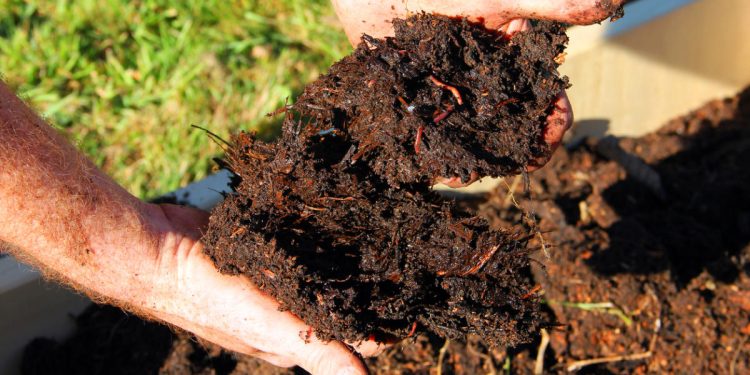Organic techniques have been known to produce better quality and healthier vegetables, and scientists are now confirming this with their research. This article shares the findings of Dr. Larry Phelan from Ohio State University, who conducted experiments on corn and soybeans to compare how organically grown plants attract insect pests differently than those grown using conventional techniques. He found that the soil from the organic farm had higher levels of organic material and consistently was less attractive to pests. Additionally, Dr. Autar Mattoo from the United States Department of Agriculture Research Station in Beltsville, Md. found that tomatoes grown with organic techniques using a mulch of hairy vetch had a 25-30% increase in yield and were dramatically better at resisting fungal diseases.
These experiments showed that plants thrive better with the slow and steady release of nutrients found in organic matter, rather than the imprecise release of chemical fertilizers. Additionally, organic techniques provide a diverse range of nutrients that are essential to plant health but are not found in conventional fertilizers. By utilizing organic techniques, farmers and gardeners can provide their crops with the necessary nutrients to grow and resist pests and diseases, while also improving soil health and protecting the environment.
In conclusion, the benefits of organic techniques are clear and supported by scientific research. By transitioning away from chemical fertilizers and incorporating organic practices into farming and gardening, we can improve the quality and health of our crops and protect the environment.











